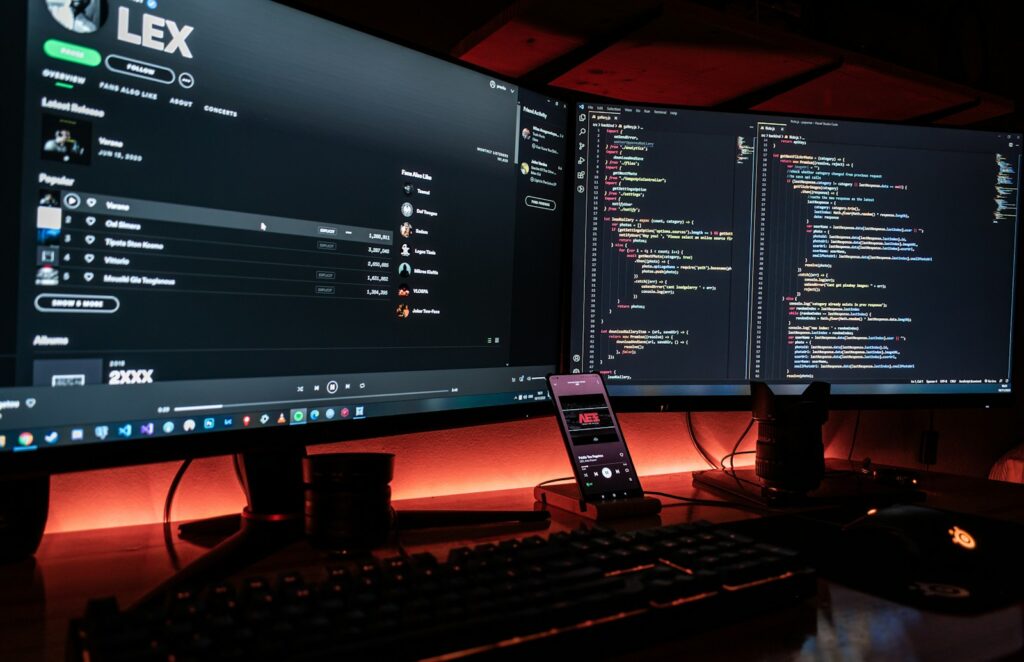Full stack developers are highly sought after for their ability to work on both the front-end and back-end of web applications. In 2024, interview questions for full stack developers focus on assessing candidates’ proficiency in a range of technologies, their problem-solving abilities, and their experience in building complete web applications. This guide will help you understand typical questions you might face during an interview for a full stack developer position and how to prepare effectively.
What are Full Stack Developer Interview Questions?
Full stack developer interview questions are designed to evaluate a candidate’s technical skills across the entire technology stack. These questions typically cover both client-side and server-side programming, database management, version control, and sometimes, deployment and maintenance concerns.
Most Common Full Stack Developer Interview Questions

Can you describe the technology stack you are most familiar with?
This question helps interviewers understand your expertise and preferences in web development. Example: “I am most proficient with the MEAN stack, which includes MongoDB, Express.js, Angular, and Node.js. I find this stack to be highly efficient for developing scalable applications because it uses JavaScript across the entire stack, which streamlines development and reduces context switching between languages.”
How do you ensure the security of your web applications?
Security is a crucial aspect of full stack development. Example: “To ensure security, I adhere to best practices such as implementing HTTPS to encrypt data in transit, using secure headers, and sanitizing user inputs to prevent XSS and SQL injection attacks. I also use JWT for secure authentication and conduct regular security audits using tools like OWASP ZAP to identify and mitigate vulnerabilities.”
What strategies do you use for responsive web design?
This question assesses your ability to create applications that work well on various devices. Example: “For responsive design, I primarily use CSS media queries to adjust the layout based on different screen sizes and resolutions. I also focus on mobile-first design, which involves designing for smaller screens first and then scaling up for desktops. This approach helps in optimizing performance and user experience across all devices.”
Can you explain how you handle database changes in a production environment?
Handling database changes safely is key to maintaining the integrity and availability of applications. Example: “In a production environment, I manage database changes carefully using migration scripts with tools like Liquibase or Flyway. These tools help version-control the database changes and apply them incrementally, which minimizes downtime and risks. I also ensure backups are in place before making any changes to quickly revert back if something goes wrong.”
Describe a project you worked on from start to finish. What challenges did you face and how did you overcome them?
This question evaluates your project management skills and ability to handle complex projects. Example: “I recently developed an e-commerce platform from scratch. One major challenge was implementing an effective search functionality that could handle large volumes of data efficiently. I overcame this by using Elasticsearch, which provided a robust and scalable search solution. I also faced challenges in managing state across different components, which I addressed using Redux to ensure a consistent and predictable state container throughout the app.”
How do you stay updated with the latest development technologies and industry trends?
Continual learning is vital in the fast-evolving field of web development. Example: “I stay updated by following key industry blogs, participating in developer forums, and contributing to open source projects. I also take online courses on platforms like Coursera and Udacity to learn about new technologies. Attending web development conferences and meetups also helps me network with other professionals and learn from their experiences.”
How to Get Prepared for Full Stack Developer Interview Questions

Brush Up on Your Technical Skills
Review the fundamentals of both front-end and back-end technologies you are likely to use. Be prepared to discuss frameworks, languages, and tools specified in the job description.
Update Your Portfolio
Ensure your portfolio includes recent projects that demonstrate a breadth of skills and creativity. Be ready to discuss these projects in detail, focusing on your specific contributions.
Practice Coding Challenges
Sharpen your problem-solving skills by practicing coding challenges, especially those that involve algorithms and data structures, which are common in technical interviews.
Reflect on Past Experiences
Prepare to discuss your previous work experiences, particularly those that showcase your ability to take a project from an idea to completion. Highlight your role in solving technical challenges and your approach to teamwork and project management.
Prepare Questions for the Interviewer
Develop thoughtful questions about the company’s technology stack, project management styles, and team collaboration tools. This shows your interest in the role and helps you assess if the company’s environment matches your work preferences.
Conclusion
Preparing for a full stack developer interview involves demonstrating a deep understanding of web development technologies and the ability to efficiently manage and execute comprehensive development projects. By effectively preparing for these common questions, you can showcase your qualifications and readiness to tackle the demands of a full stack developer role.



